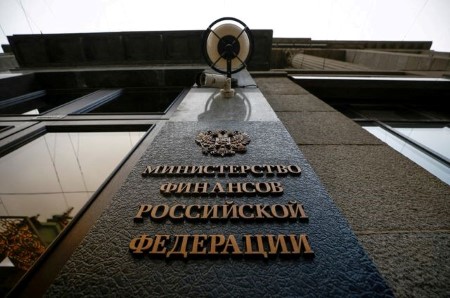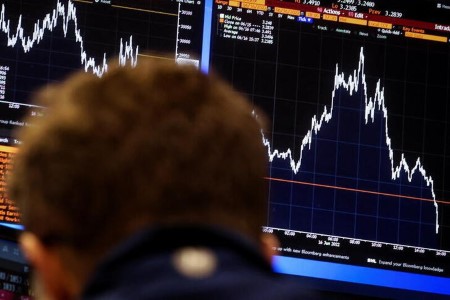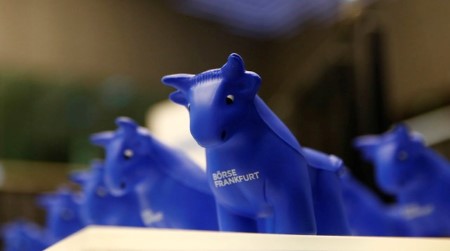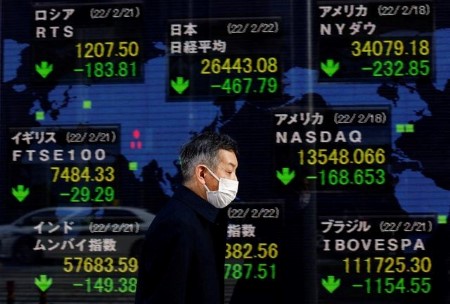Adds details, quotes, background
June 27 (Reuters) – Russia rejected claims on Monday that is had defaulted on its external debt for the first time in more than a century, telling investors to go to Western financial agents for the cash which was sent but bondholders did not receive.
The White House said on Monday that Russia has defaulted on its international bonds for the first time since the Bolshevik revolution, as sweeping sanctions have effectively cut the country off from the global financial system. nL1N2YE06F
Until last week, Russia kept on paying on its Eurobonds in foreign currency as per issue conditions yet its dollar and euro coupon transfers made in May, ahead of a key U.S. waiver allowing for such transactions expired, did not reach investors.
“Statements of a default are absolutely unjustified,” Kremlin spokesperson Dmitry Peskov told a call with reporters on Monday, pointing to the May forex coupon payment.
“The fact that Euroclear withheld this money and did not bring it to the recipients is not our problem. There are absolutely no grounds to call such situation a default.”
Euroclear did not immediately respond to a request for comment.
On Monday, the finance ministry said that ‘actions of foreign financial intermediaries are beyond of the Russian finance ministry’s control,’ asking foreign bondholders to speak directly to those withholding the payments.
“The non-receipt of money by investors did not occur because of lack of payment but due to the third party actions and which is not directly spelled out as a default situation by issue documentation,” the ministry added.
As the U.S. waiver expired and the European Union sanctioned the National Settlement Depository (NSD), the Russian version of Euroclear and Clearstream western clearing houses, last week Moscow paid its next coupons due in forex in roubles. nL8N2YA2CS nR4N2X5008
President Vladimir Putin ordered last week that debt obligations would be considered fulfilled once a rouble payment equal to the forex amount due was made. Bondholders would need to open an account at a Russian bank to receive the payment.
Moscow would not block the payment’s conversion into forex and its transfer abroad but investors would need to say in writing they don’t have claims against Russia, the ministry has said. The banks are yet to be announced.nL1N2Y91SX
‘FINANCIAL NUCLEAR BOMB’
The Group of Seven major Western powers banned transactions with Russia’s central bank and froze its assets held in their jurisdictions, worth around $300 billion, after Russia launched what it called special military operation in Ukraine in February.
Some western politicians have called to seize the reserves frozen to rebuild Ukraine – the idea two high-ranked Russian financial sources said they believed was behind the announcement of default and which Moscow considers artificial. nL5N2X90YD
“By announcing a default, they can claim that sanctions work. Economically, financially assets could be confiscated legally,” one of the two sources said.
Peskov reiterated on Monday that reserves were blocked ‘unlawfully’ and any attempts to use them would ‘amount to outright theft.’
“I believe that a financial nuclear bomb was used against us, no country in the history of mankind has experienced such sanctions pressure as Russia is now,” Alexei Moiseev, Russian deputy finance minister, said last week.
(Reporting by Reuters; Editing by Frank Jack Daniel)







 DOWNLOAD
DOWNLOAD












